IRP AntarctPlantAdapt
French-New Zealand International Research Project on EnvironmentIRP AntarctPlantAdapt
2018-2021
Contact:
Dr. Françoise Hennion
francoise.hennion@univ-rennes1.fr
Prof. Peter J. Lockhart
P.J.Lockhart@massey.ac.nz
IRP AntarctPlantAdapt
News
Introduction
The IRP AntarctPlantAdapt (International Research Project Adaptation of Antarctic Plants to Climate Change), managed by Dr. Françoise Hennion (CNRS, UMR ECOBIO, CNRS-Université de Rennes 1) in collaboration with Institute of Fundamental Sciences, Massey University (Prof. Peter Lockhart), Department of Mathematics and Statistics, University of Otago (Prof. David Bryant) and UMR ESE (CNRS, AgroParis Tech, Université Paris Saclay), will be effective 2018-2021.
Missions and research themes
Ecosystems under cold climates and with few species are among the most vulnerable to rapid climate change. It is crucial that we improve our understanding of the ability of species to meet short-term and to adapt to long-term changes. This understanding is necessary for the implementation of conservation measures not only for species in these systems but well beyond, for plant species in many other affected environments. The sub-Antarctic islands and the alpine regions of New Zealand correspond to ideal terrain for analysis. Their floras are related and their evolution anchors in the long biogeographical history relating to Antarctic influence in the southern hemisphere. In this program, we will seek to evaluate the potential of contemporary species to adapt to current and future climate change by examining current variability and diversity but also deciphering their origins and evolutionary history. The interdisciplinary approach combines cutting-edge analyses using phylogeny, new methods of calculation, transcriptomics, metabolomics, cytogenetics, and analysis of trait variation across abiotic and biotic gradients thanks to four complementary laboratories.
MAIN PROJECTS OF RESEARCH
AntarctPlantAdapt studies the capacity of plant species to respond to environmental change in the short term and to adapt to global warming in the long term. The study deals in particular with the modalities developed by plants to adapt to a changing environment. Field studies are performed in Kerguelen Islands, Terres Australes et Antarctiques françaises, under IPEV programme no. 1116 (PlantEvol). We measure and sample plants and environments across a range of sites and conditions on the island, which provides insights into the species variation capacity. Hypotheses are then deduced that we test by performing experiments both in situ in common gardens and under controlled conditions in phytotrons. In the laboratory, we analyse variation in metabolites and in gene expression across the same environmental gradients. Our project will help in evaluating the full potential of comparative transcriptomics (comparative gene expression studies) as a discovery tool in adaptation studies of natural populations. We expect that our approach, combining variations, will deliver findings in biological features that are key in plant adaptation.
institutions and laboratories involved
France
- Françoise HENNION (UMR ECOBIO, CNRS-Université de Rennes 1), PI;
- UMR ESE (CNRS, AgroParis Tech, Université Paris Saclay)
Nouvelle-Zélande
- Peter J. LOCKHART (IFS, Massey University), co-PI;
- Prof. David BRYANT (Department of Mathematics and Statistics, University of Otago)
News
Short read Illumina unigene libraries have recently been constructed for Ranunculus moseleyi and close phylogenetic relatives in the New Zealand mountains by Peter Lockhart and colleagues. These libraries provide a resource for investigating cryptic physiologies and also provide molecular markers potentially important in adaptive diversification.
Long read PacBio and short read Illumina sequencing have also been recently completed for a study investigating the plastic gene expression in the Lyallia kerguelensis transcriptome sampled across environmental gradients in the Kerguelen islands (IPEV 1116 PlantEvol programme). The availability of short and long reads will be used to build hybrid long and short read unigene libraries and test the sufficiency of short reads for unigene library construction.
New paper by Lorène Marchand, Françoise Hennion and colleagues indicates that endemic plant Lyallia kerguelensis from Iles Kerguelen presents adaptive morphological variation but it may not be sufficient to cope with the driest environments under climate change. (Polar Biology) doi.org/10.1007/s00300
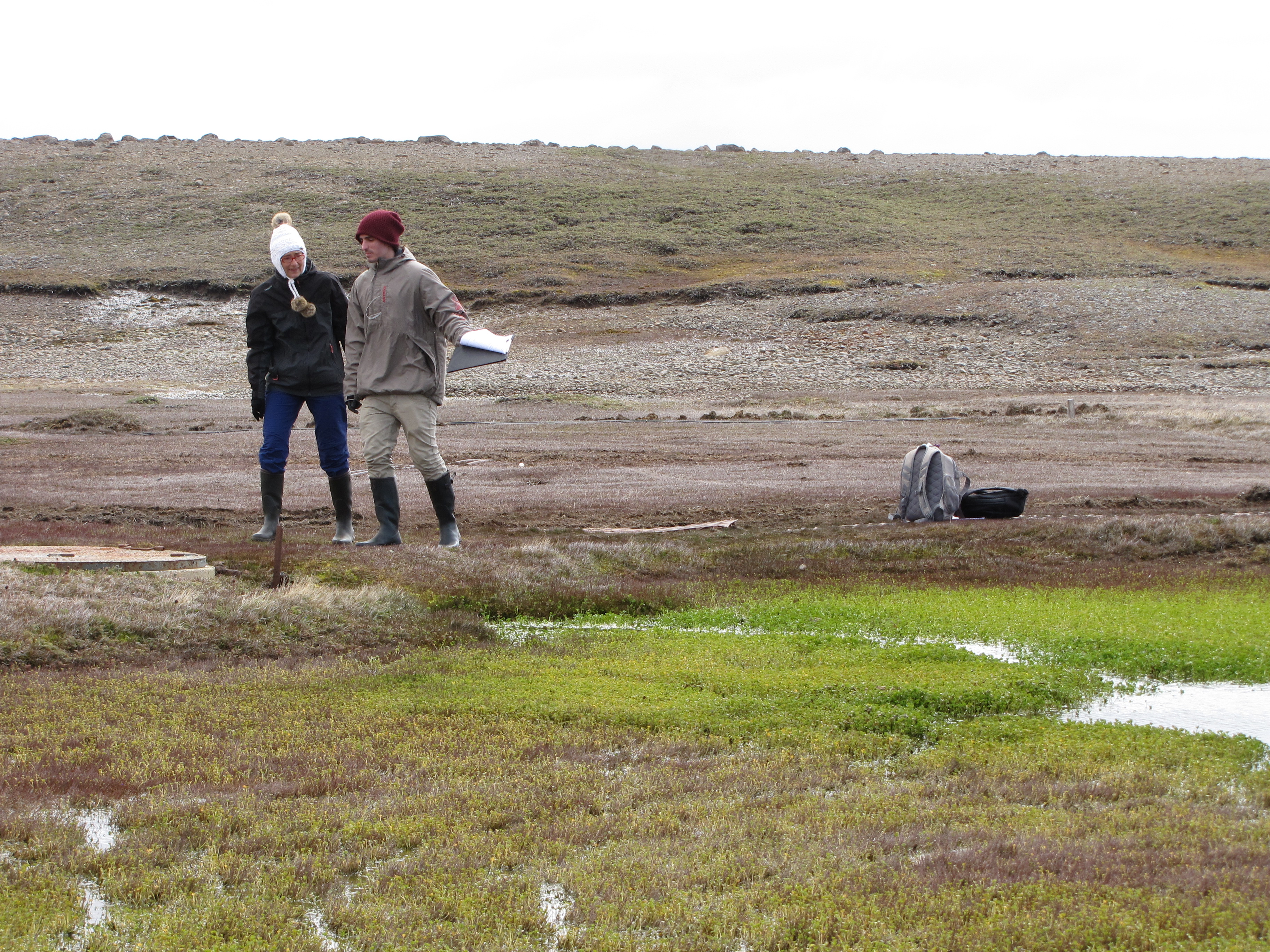
IPEV PlantEvol@Françoise Lamy
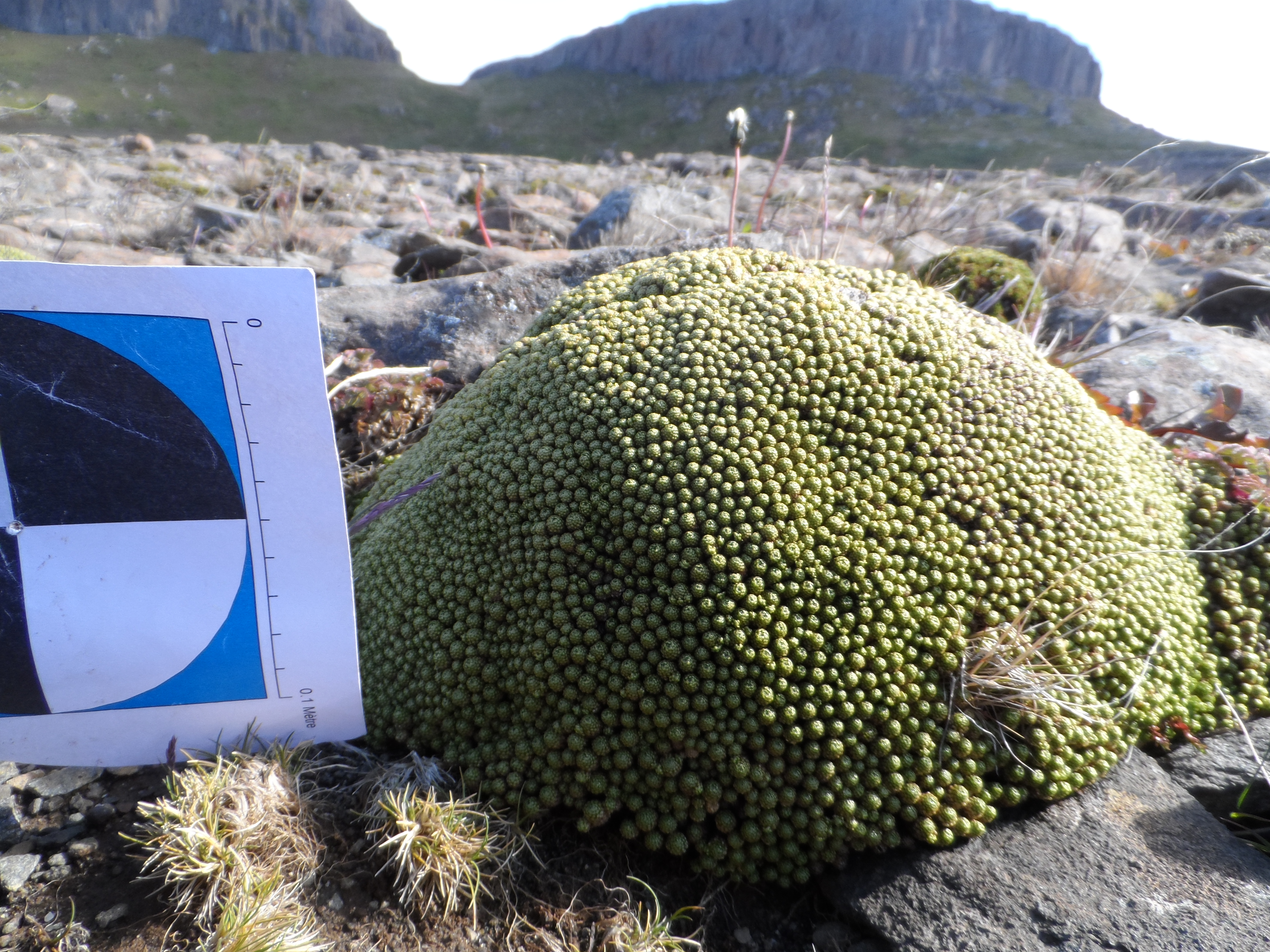
IPEV PlantEvol@Françoise Hennion
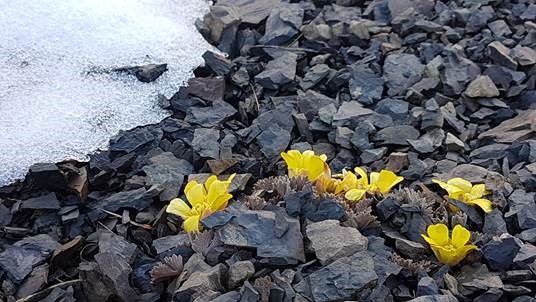
Ranunculus crithmifolius at Mt Hutt, South Island, New Zealand (Peter Lockhart)
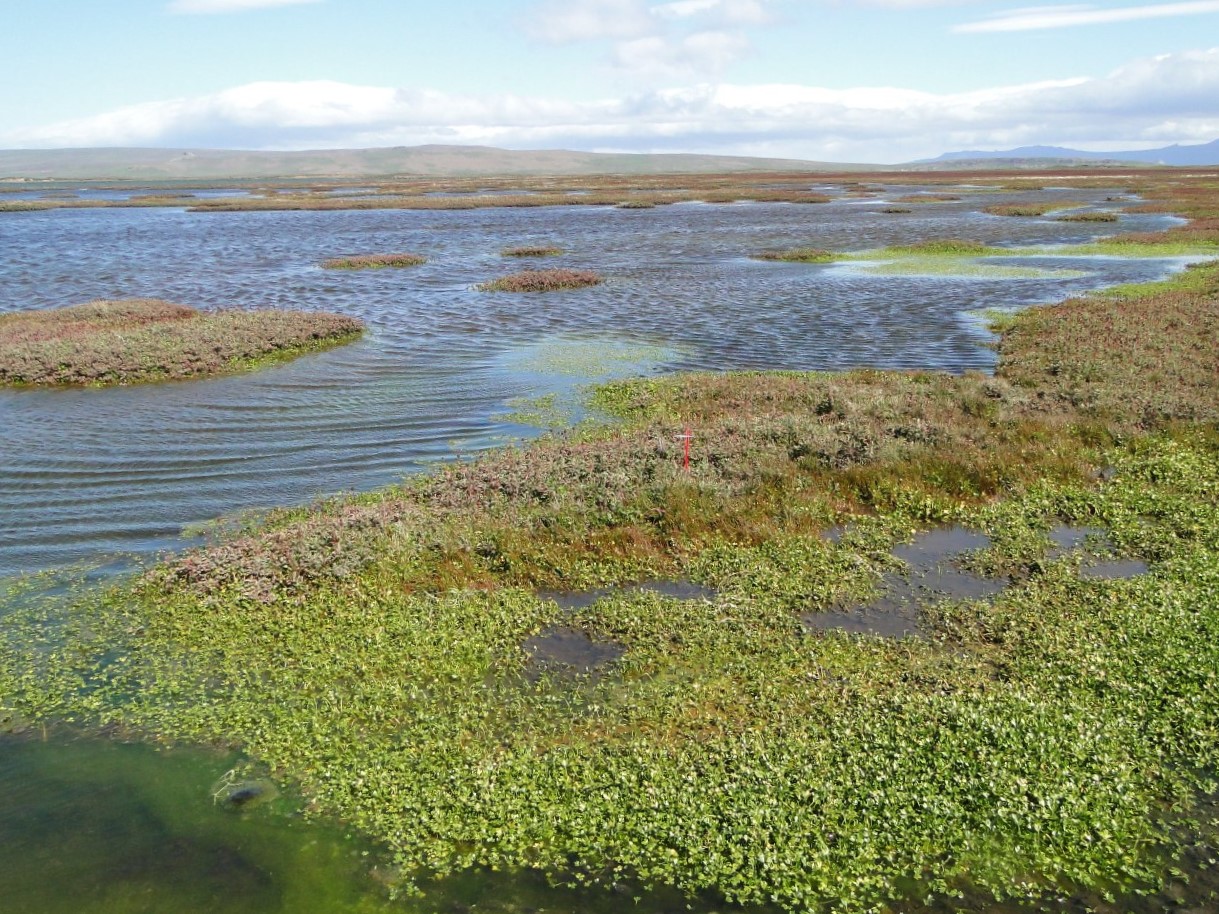
IPEV PlantEvol@Françoise Hennion
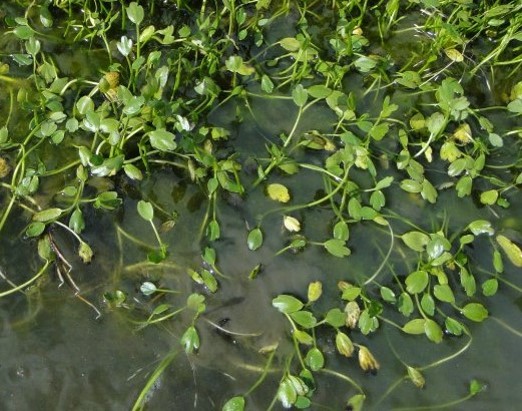
Ranunculus sp. endemic from Iles Kerguelen. IPEV PlantEvol@Françoise Hennion
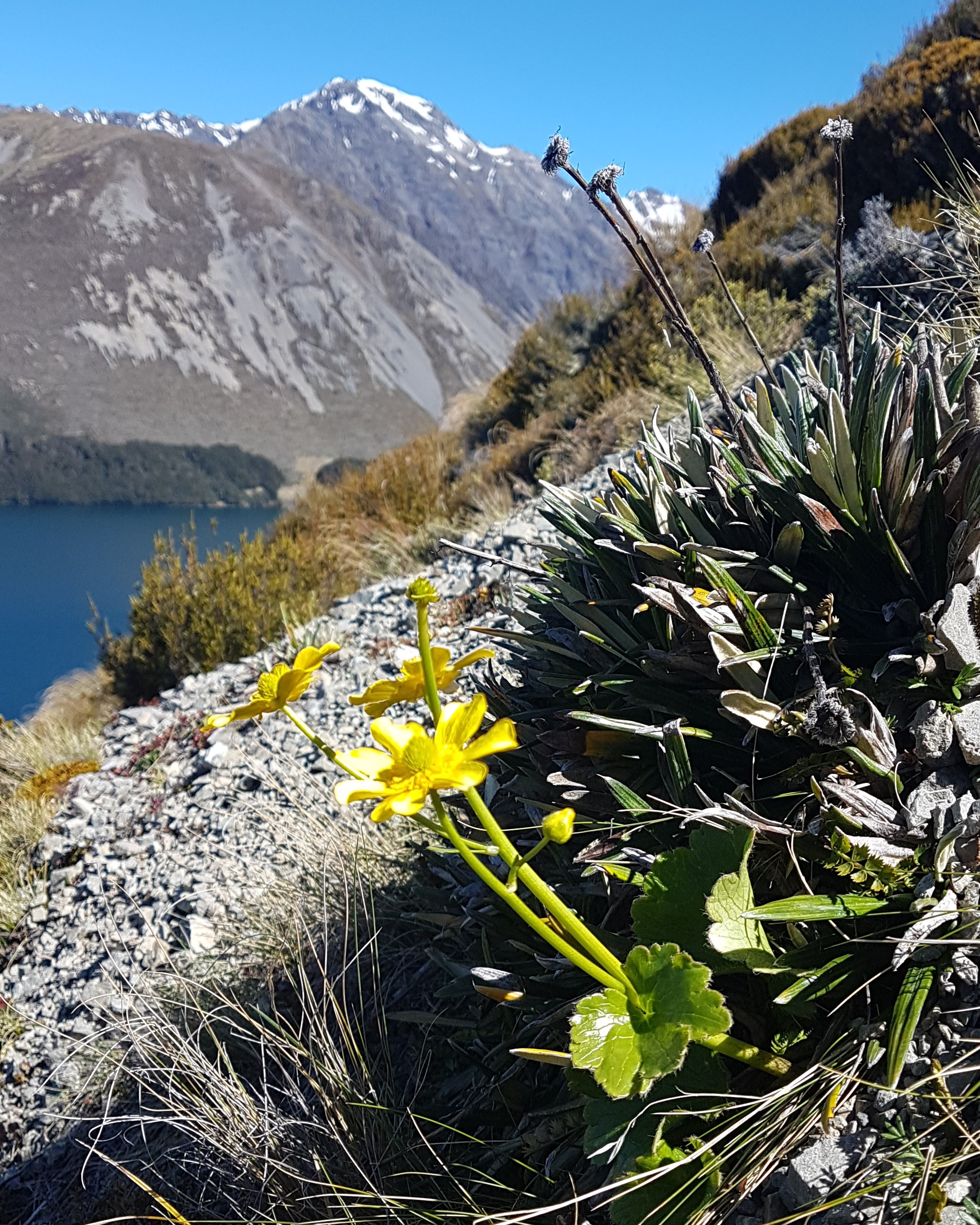
Ranunculus insignis subsp. lobulatus, Lake Tennyson, South Island, New Zealand (Peter Lockhart)
